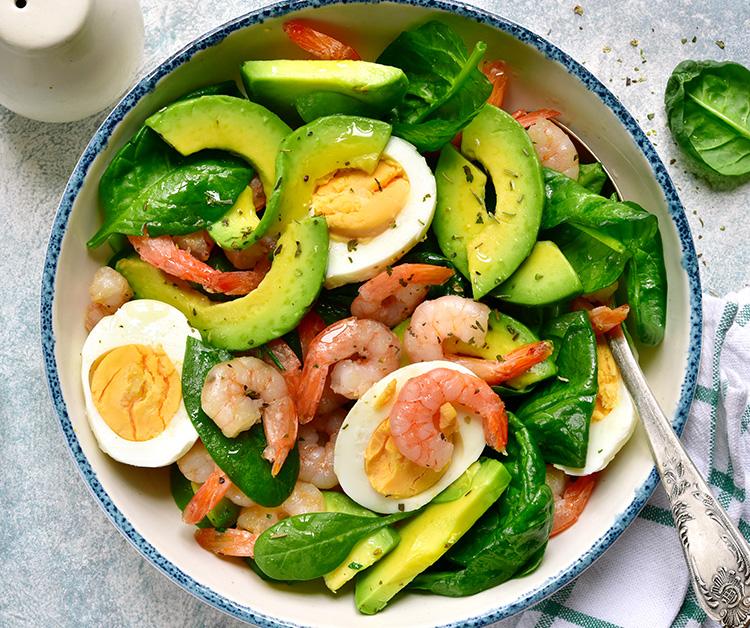Website maintenance scheduled Jan. 9-12; Rebates unavailable Jan. 5-20.

Iron is an important nutrient that many pregnant women lack. Learn why it’s important for you and your baby—and how to get the amount you need.
Iron deficiency is the most common nutrient deficiency in the world, and your iron needs increase during pregnancy. In fact, about half of all pregnant women don’t get enough iron. What’s going on?
During pregnancy, blood volume increases, as does the need for healthy red blood cells to support both you and your baby. To sustain more red blood cell production, your body needs twice as much iron. If you’re not taking in enough through your diet and/or a prenatal supplement, you may fall short of your target iron level. Iron deficiency is the most common cause of anemia.
Your body needs iron to support enough healthy red blood cells to carry out their biggest role: carrying oxygen throughout your body. During pregnancy you need many, many more red blood cells to carry oxygen to your baby as well. Iron also helps support your baby’s growth, immunity, and brain and motor development. What can happen when you don’t get the iron level you need?
Experts recommend that pregnant women get 27 milligrams of iron a day. Good sources include these foods:
Also make sure that your prenatal supplement contains iron.
One key thing to know about iron: Heme iron is readily absorbed and is present in meat, fish and poultry. Eating foods or drinking beverages high in vitamin C helps your body absorb iron from non-heme sources. These are good options:
Some of the signs of iron deficiency that you may spot:
Your doctor will check your iron level at least once during your pregnancy as part of standard prenatal tests. But it’s smart to speak up if you have concerns about your iron level or notice symptoms that could indicate a deficiency or anemia.
All information on Enfamil, including but not limited to information about health, medical conditions, and nutrition, is intended for your general knowledge and is not a substitute for a healthcare professional's medical identification, advice, or management for specific medical conditions. You should seek medical care and consult your doctor or pediatrician for any specific health or nutrition issues. Never disregard professional medical advice or delay seeking medical treatment, care, or help because of information you have read on Enfamil.